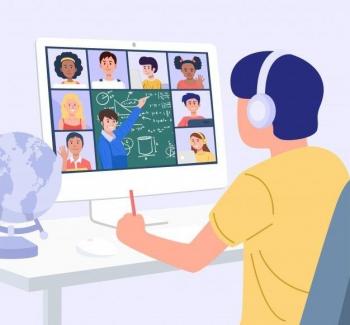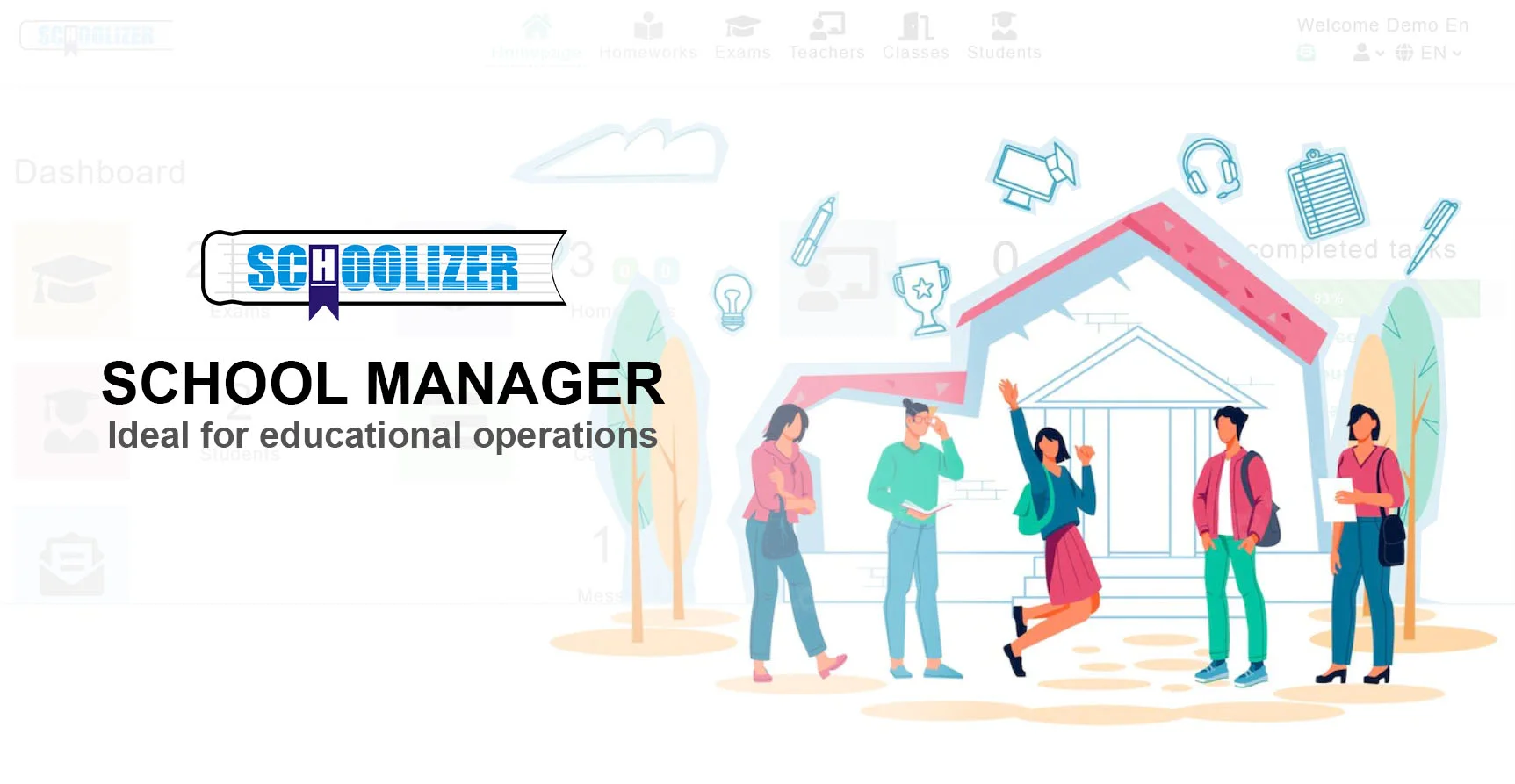Breaking Barriers: How States Are Expanding Child Care for Kids with Disabilities

How States Are Ensuring Child Care Access for Kids with Disabilities
What happens when children with disabilities are excluded from mainstream child care programs? Why is inclusive child care crucial for early development? How are some U.S. states breaking barriers to ensure all children have equal access to quality care? These questions highlight a critical issue in early childhood education—ensuring that children with disabilities receive the support they need to thrive alongside their peers.
The Challenge of Inclusive Child Care
For many families, finding child care that accommodates children with disabilities is an uphill battle. Traditional child care centers often lack the resources, training, or willingness to support children with special needs. This exclusion forces parents to either seek expensive specialized care or leave the workforce altogether. The consequences are far-reaching, affecting not just individual families but also the broader economy and social fabric.
For example, in many states, child care providers are not required to accept children with disabilities, leading to widespread discrimination. A 2022 report found that nearly 40% of parents of children with disabilities struggled to find appropriate care, compared to just 15% of parents with neurotypical children.
State-Led Initiatives Making a Difference
Several states have recognized this gap and are implementing innovative solutions. Programs like California's Inclusion and Behavior Support (IBS) program provide funding and training to child care providers to help them accommodate children with disabilities. Similarly, Minnesota's Early Childhood Special Education (ECSE) program integrates therapy and support services directly into mainstream child care settings.
These initiatives not only benefit children but also empower providers. For instance, a daycare center in Oregon reported a 30% increase in enrollment after receiving state-funded training to support children with autism. Such success stories demonstrate the transformative power of inclusive policies.
The Role of Federal Funding and Legislation
Federal programs like the Individuals with Disabilities Education Act (IDEA) mandate that states provide early intervention services for children with disabilities. However, implementation varies widely. Some states, like Massachusetts, leverage IDEA funds to create "blended" classrooms where children with and without disabilities learn together seamlessly.
Other states, however, struggle with funding shortages. Advocacy groups emphasize the need for increased federal support to ensure all children, regardless of location, have access to inclusive care. The recent American Rescue Plan Act allocated $39 billion for child care, offering a potential lifeline for underserved communities.
Success Stories: Real-World Impact
In Colorado, the Exceptional Child Care Program has helped over 500 families find inclusive care since 2020. One parent, Maria Gonzalez, shared how the program enabled her son with Down syndrome to attend the same preschool as his sister. "He's thriving socially, and I can finally work full-time," she said.
Similarly, a Texas pilot program pairing therapists with child care providers reduced behavioral incidents by 45% in just six months. These examples underscore how targeted support can dismantle barriers and create lasting change.
Overcoming Remaining Barriers
Despite progress, challenges persist. Many providers cite high costs and staff shortages as obstacles to inclusion. Advocates argue for solutions like tax incentives for inclusive centers and loan forgiveness for early childhood educators specializing in disabilities.
Public awareness is also critical. Campaigns like #IncludeAllKids aim to shift perceptions and highlight the benefits of inclusive care for all children—not just those with disabilities.
The Path Forward: Policy and Community Action
Sustainable change requires a multi-pronged approach. States must prioritize:
- Increased funding for inclusive programs
- Mandatory disability training for child care providers
- Stronger enforcement of anti-discrimination laws
Communities can also play a role by supporting local inclusive centers and advocating for policy changes. As one expert noted, "Inclusion isn't just a policy—it's a mindset."






